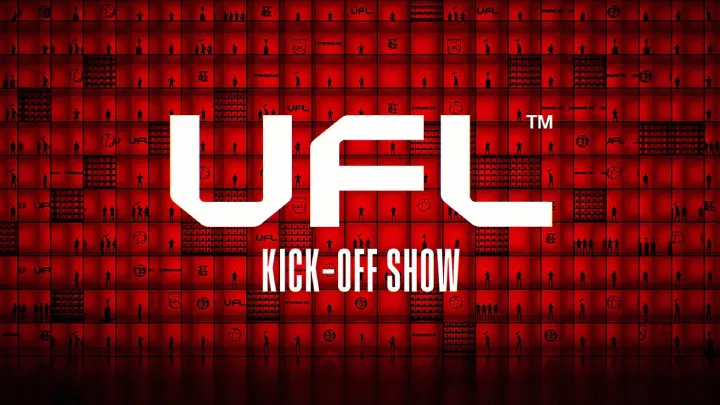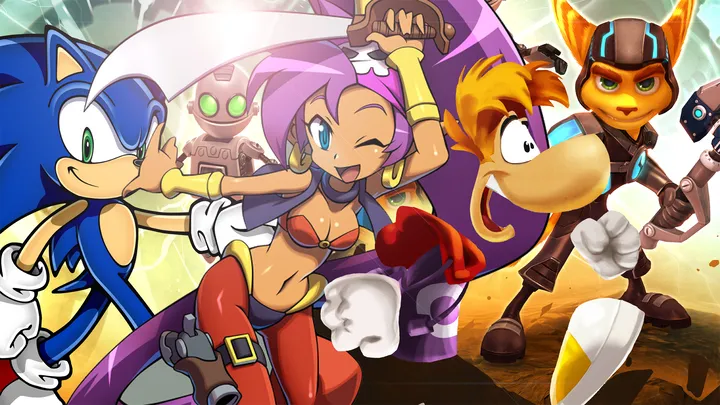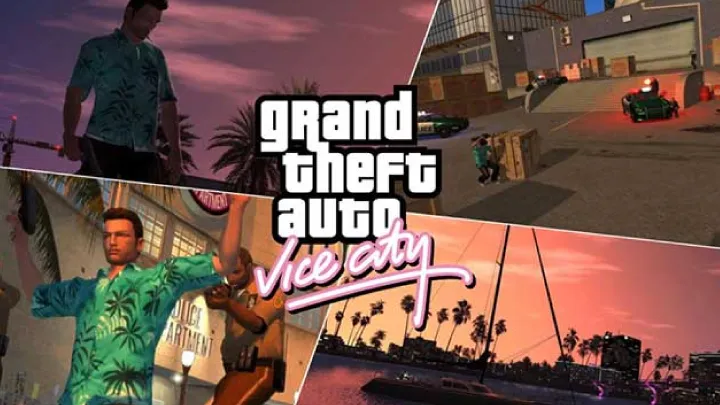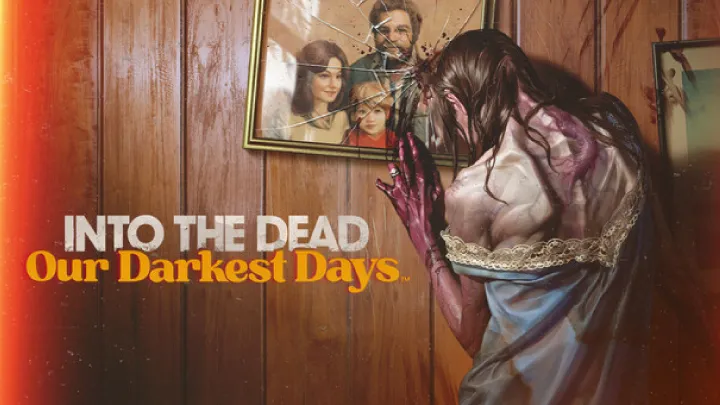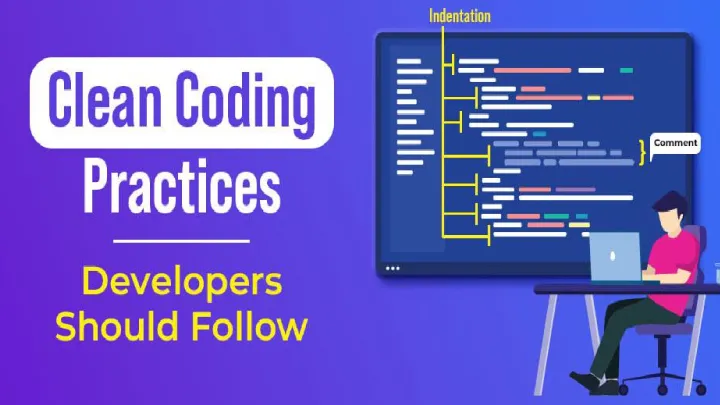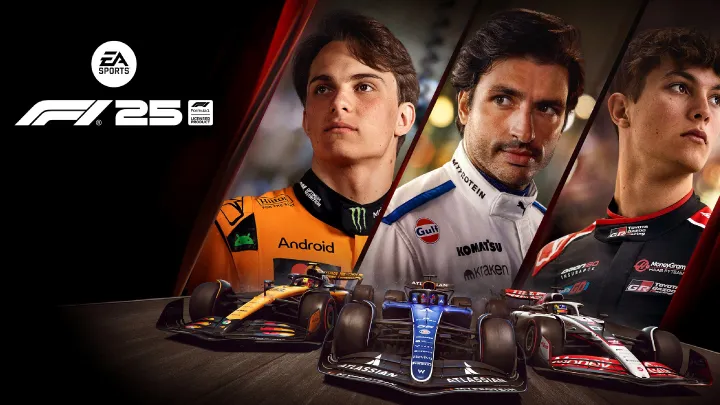Introduction
First-Person Shooters (FPS) have long stood as one of the most defining genres in gaming history. Unlike strategy titles that demand careful planning or RPGs that emphasize long-term progression, FPS games throw players directly into the heat of battle. They combine precision aiming, quick reflexes, and tactical decision-making to create an experience that is both visceral and deeply competitive.
From the early days of DOOM in the 1990s to modern esports giants like Valorant and Apex Legends, FPS games have shaped not only how we play but also how we compete and connect with others. They embody adrenaline in digital form—fast gunfights, explosive encounters, and the constant push to outthink and outshoot opponents.
In this article, we will explore ten of the greatest FPS games ever made. Each of these titles has left a permanent mark on the genre, combining precision shooting with heart-racing intensity.
1. DOOM (1993 & 2016 Reboot)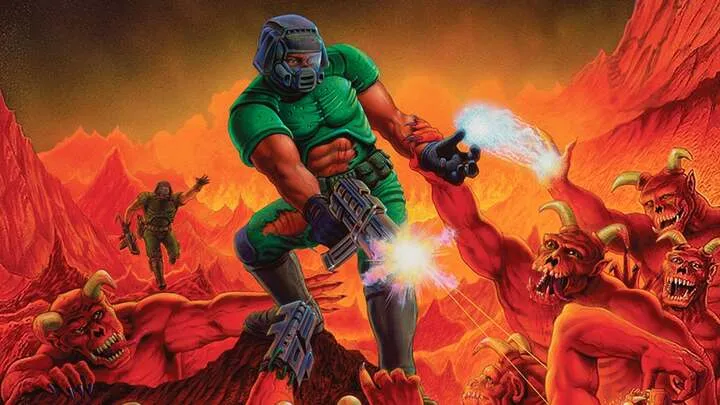
Gameplay
DOOM (1993) revolutionized gaming, putting players in the boots of a space marine fighting demons from Hell. It pioneered fast-paced shooting mechanics, fluid movement, and an arsenal of iconic weapons like the shotgun and BFG 9000. The 2016 reboot recaptured this magic, modernizing the formula with brutal glory kills and dynamic combat arenas.
Impact
What set DOOM apart was speed. Unlike tactical shooters, DOOM demanded constant aggression—standing still meant death. The original popularized LAN parties and early online multiplayer, while the reboot showed that old-school design could thrive in the modern era.
Legacy
Without DOOM, the FPS genre as we know it wouldn’t exist. It laid the foundation for every shooter that followed and remains a symbol of raw, unfiltered action.
2. Counter-Strike (1999 – Global Offensive & 2)
Gameplay
Born as a mod for Half-Life, Counter-Strike quickly became the gold standard for competitive FPS. The game pits terrorists against counter-terrorists in objective-based matches, requiring not only sharp aim but also teamwork and strategy.
Impact
Unlike other shooters that focused on single-player campaigns, Counter-Strike thrived as a multiplayer experience. Its simple yet deep mechanics created a perfect competitive balance. CS:GO (2012) refined the formula with updated visuals, skins, and esports infrastructure, while Counter-Strike 2 (2023) introduced Source 2 engine upgrades.
Legacy
Few games have had as much esports impact. Tournaments attract millions of viewers, and professional players become household names. Counter-Strike remains the epitome of “easy to learn, hard to master.”
3. Call of Duty 4: Modern Warfare (2007)
Gameplay
When Call of Duty 4: Modern Warfare launched, it redefined cinematic single-player campaigns and online multiplayer progression. The tight shooting mechanics, customizable loadouts, and killstreak rewards created a formula that countless shooters imitated.
Impact
The game’s multiplayer revolutionized online play by introducing persistent leveling systems, unlockable weapons, and perks. It also popularized the modern military setting, moving away from World War II battlefields.
Legacy
Modern Warfare established Call of Duty as a global powerhouse. It proved that shooters could blend blockbuster storytelling with addictive competitive play, influencing an entire generation of FPS design.
4. Halo: Combat Evolved (2001)
Gameplay
Released alongside the original Xbox, Halo: Combat Evolved was a game-changer for console FPS titles. It featured intuitive controls, balanced weapons, and vehicles that expanded combat dynamics. The game also introduced the now-standard regenerating shield mechanic.
Impact
Beyond gameplay, Halo became a cultural icon. Its multiplayer defined local LAN parties, while its story about Master Chief and the Covenant elevated FPS storytelling.
Legacy
Halo set the blueprint for console shooters and remains one of the most influential franchises in gaming history. Its blend of sci-fi epicness and competitive multiplayer made it legendary.
5. Half-Life 2 (2004)
Gameplay
Half-Life 2 elevated FPS storytelling by integrating narrative seamlessly into gameplay. Players experienced the fall of humanity through Gordon Freeman’s eyes, with no cutscenes to break immersion. The Gravity Gun became one of the most iconic mechanics in FPS history, allowing creative interactions with the environment.
Impact
The game was not just about shooting but about living inside a believable, oppressive world. Its advanced physics engine pushed gaming technology forward, inspiring countless titles.
Legacy
Widely regarded as one of the greatest games ever made, Half-Life 2 showed that FPS games could deliver cinematic storytelling without sacrificing gameplay intensity.
6. Overwatch (2016)
Gameplay
Blizzard’s Overwatch fused FPS mechanics with hero-based abilities, creating a colorful, team-oriented shooter. Each hero had unique skills, requiring coordination and role-based strategies.
Impact
It popularized the “hero shooter” subgenre and became a global esports hit, spawning the Overwatch League. Its emphasis on teamwork over raw aim made it accessible to casual players while remaining competitive for pros.
Legacy
Although its momentum slowed with time, Overwatch proved that shooters could succeed with personality, diversity, and innovation. It left a lasting mark on competitive gaming culture.
7. Battlefield 3 (2011)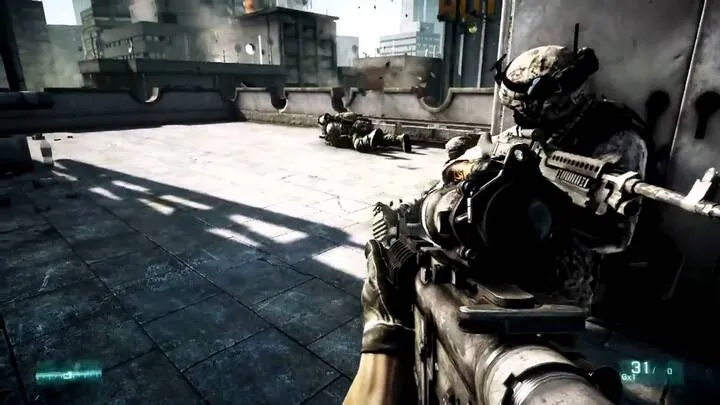
Gameplay
Battlefield 3 emphasized large-scale warfare with massive maps, destructible environments, and vehicles ranging from tanks to fighter jets. Its mix of infantry and vehicular combat created unparalleled chaos and intensity.
Impact
The game showcased technical brilliance, with jaw-dropping graphics powered by the Frostbite engine. Its multiplayer highlighted the scale of modern warfare, standing in contrast to Call of Duty’s tighter skirmishes.
Legacy
Battlefield 3 is remembered as the franchise’s golden age, setting standards for large-scale FPS battles that remain unmatched.
8. Rainbow Six Siege (2015)
Gameplay
Unlike fast-paced shooters, Rainbow Six Siege emphasized tactics, strategy, and destruction. Players chose operators with unique gadgets, breached walls, and used intel to outwit opponents.
Impact
The game carved out a niche as a competitive tactical shooter, rewarding patience and planning over run-and-gun reflexes. Its evolving roster of operators kept the meta fresh.
Legacy
Though slow to grow, Siege built a loyal esports following and influenced future tactical shooters. It remains one of the most strategic FPS experiences ever.
9. Apex Legends (2019)
Gameplay
Respawn Entertainment’s Apex Legends combined battle royale chaos with hero-based abilities. Its ping communication system revolutionized how players coordinate without voice chat, while smooth movement and gunplay kept it fast-paced.
Impact
Launched as a surprise release, it quickly became one of the most popular battle royale shooters, standing alongside Fortnite. It merged accessibility with competitive depth.
Legacy
APEX Legends pushed the battle royale genre forward, proving that fluid movement and teamwork could coexist with high-octane shooting.
10. Valorant (2020)
Gameplay
Riot Games’ Valorant blended the tactical precision of Counter-Strike with hero abilities similar to Overwatch. Each match demands flawless aim, smart utility usage, and tight team coordination.
Impact
Launched during the pandemic, Valorant became a global competitive hit almost overnight. Its emphasis on both mechanical skill and strategic play appealed to professional esports players across genres.
Legacy
Valorant established itself as the next generation of competitive shooters, combining tactical roots with modern innovation. Its esports scene continues to grow rapidly.
Conclusion
The greatest FPS games have one thing in common: they deliver intensity through precision and adrenaline. Whether it’s the demon-slaying chaos of DOOM, the tactical brilliance of Counter-Strike, or the team-driven battles of Valorant, each title represents a milestone in the evolution of shooters.
These games are more than just entertainment—they are cultural touchstones, competitive arenas, and technical marvels. FPS games will continue to evolve, but their core promise remains unchanged: putting players in the middle of the action, where every shot, every second, and every decision counts.











